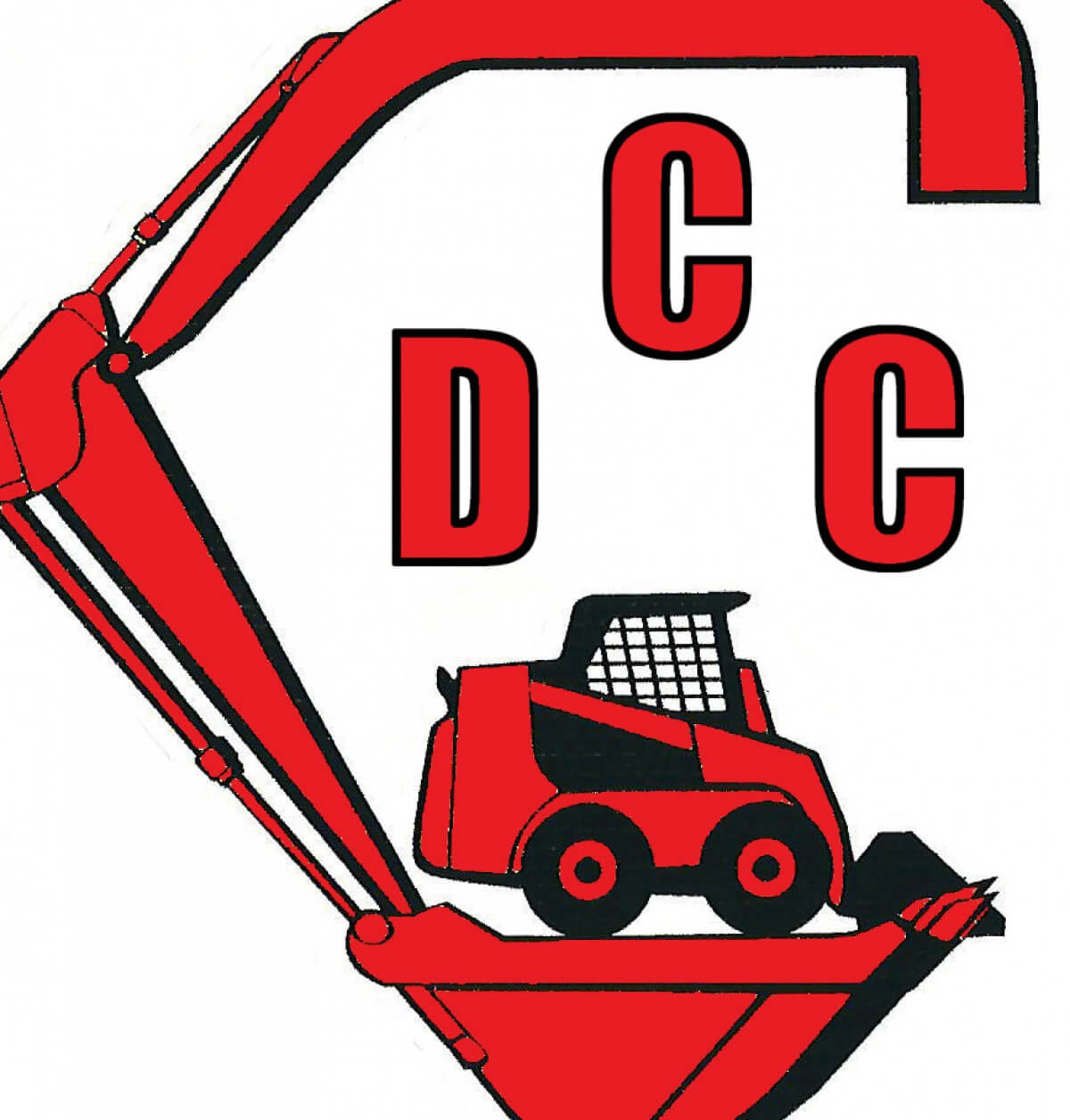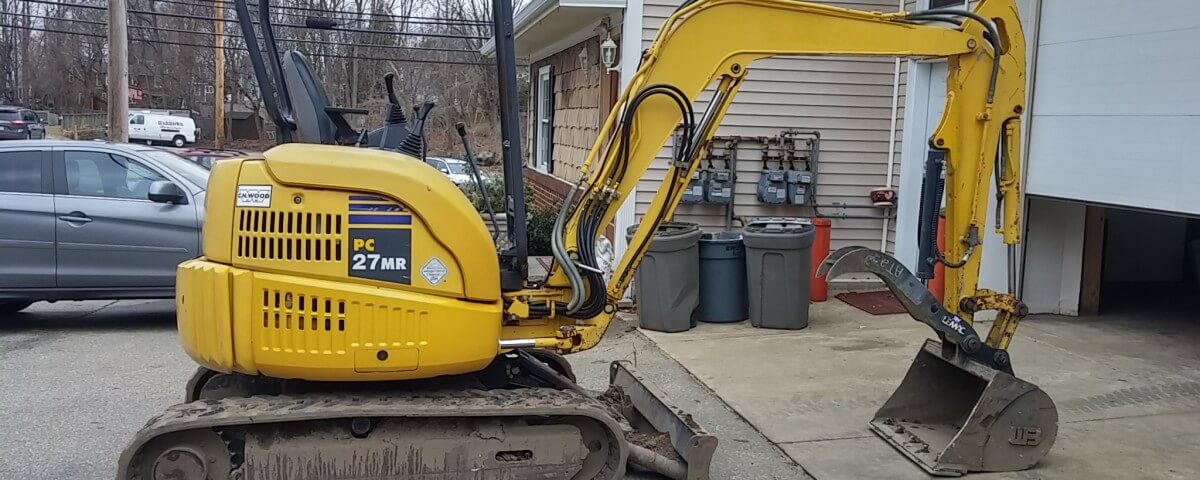The winter time brings a unique test to your car, outdoor equipment, and of course, your Bobcat excavator. Harsh cold temperatures often require some special maintenance and care to ensure your excavator will continue to work properly, but do you know what that maintenance and care entails? Don’t worry, we do! We’ve compiled a list of the 5 best tips to get your Bobcat excavator and other Bobcat machinery prepared for the cold winter months.
1. Avoid Contaminated Fuel
Fuel contamination should be avoided year-round, but in the winter months, it can spell disaster for your Bobcat excavator. Be sure to use high quality, clean fuel to run your excavator. You should regularly clean and inspect the cap of the fuel tank to look for signs of water or other contaminants entering the tank.
2. Replace Weak Hydraulic Hoses
The hydraulic hoses of your excavator should last approximately 7,000 to 9,000 hours, but cold temperatures can quickly lower that number. Inspect the hoses of your Bobcat excavator at the beginning of each winter season to check for any weak or damaged areas. If you spot signs of cracking or leaking, it’s best to replace before the temperatures continue to drop.
3. Be Patient
Winter will mean a little extra patience when using your Bobcat machinery and excavator. The colder temperatures can lead to machine failure if you don’t allow proper warmup time before the fluids begin moving through hoses and other components. Be prepared to spend a few extra minutes waiting for your Bobcat machine to warm up before each use.
4. Filters
Your fuel, air, and hydraulic filters are all essential to the operation of your excavator. Inspect and replace these filters as needed, especially during the cold winter months. Dirty or old filters will lead to slow starting and potential power loss of your Bobcat machinery.
5. Test the Battery
Cold weather can quickly turn a weak battery into an inoperable battery. You should test the battery on all of your Bobcat machinery, including the excavator, to look for signs of weakness. If the battery is weak it’s best to replace before it leads to a machine that can’t be used. If you don’t check and replace batteries at the beginning of winter you’ll likely end up with an unexpected halt to productivity and a potentially costly repair.

